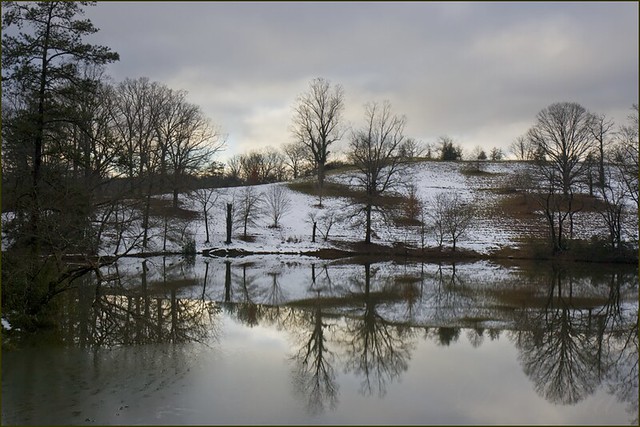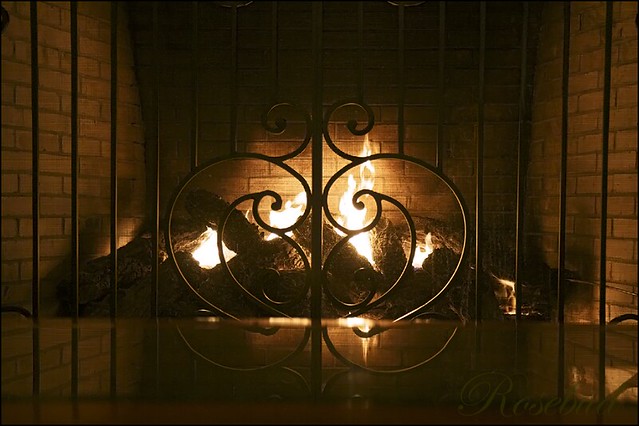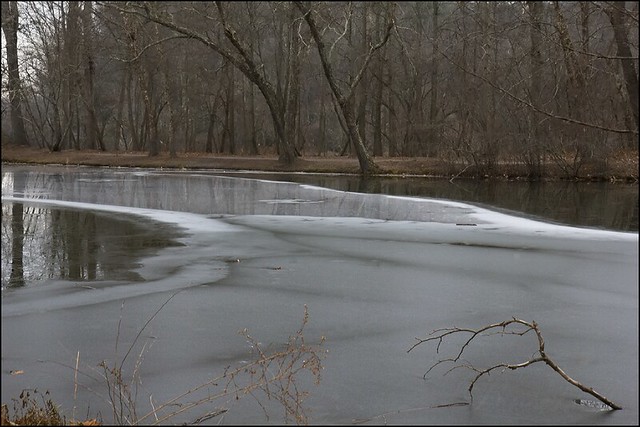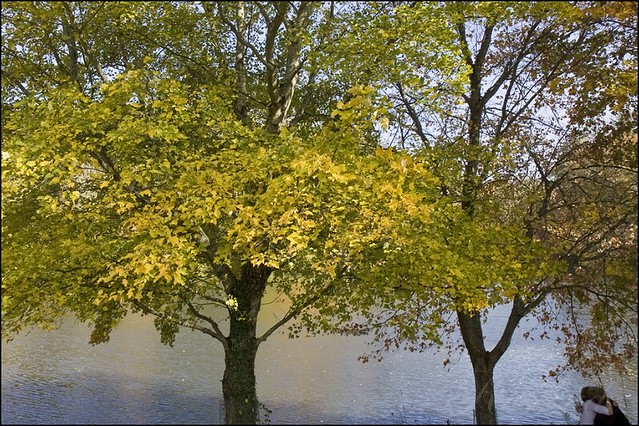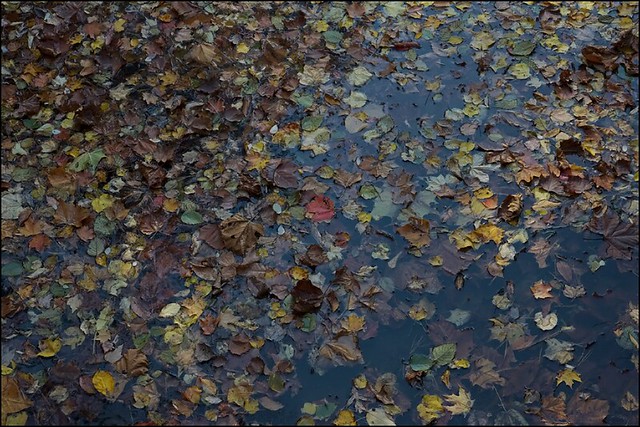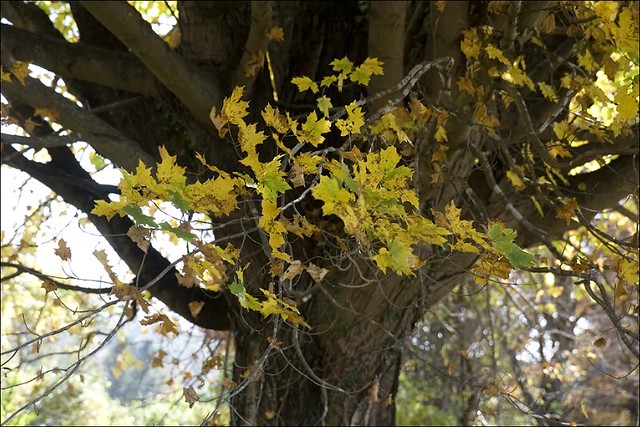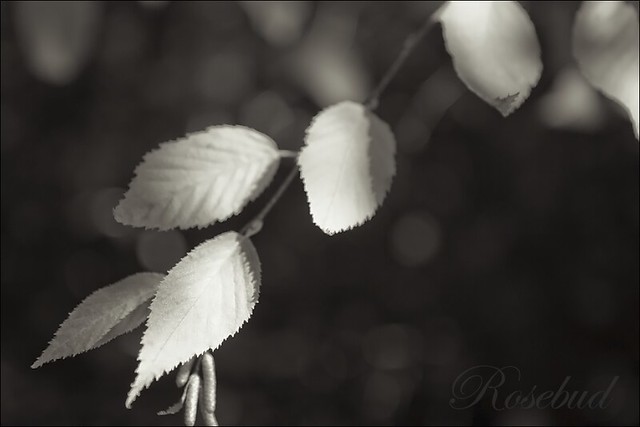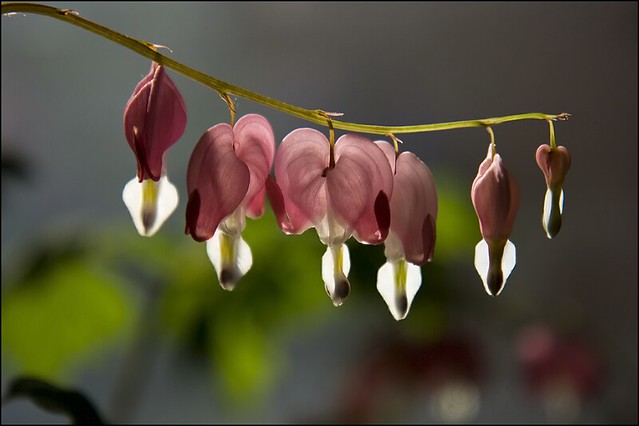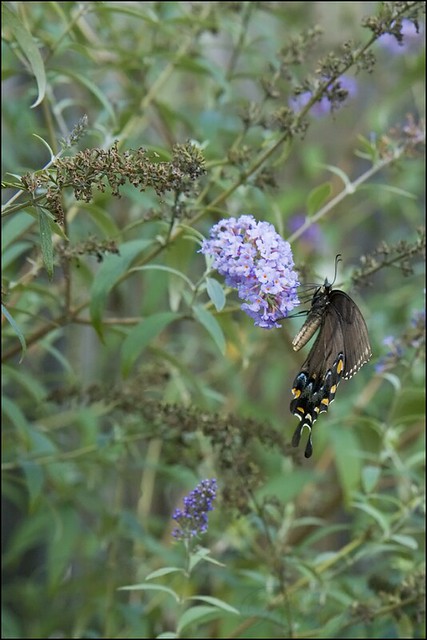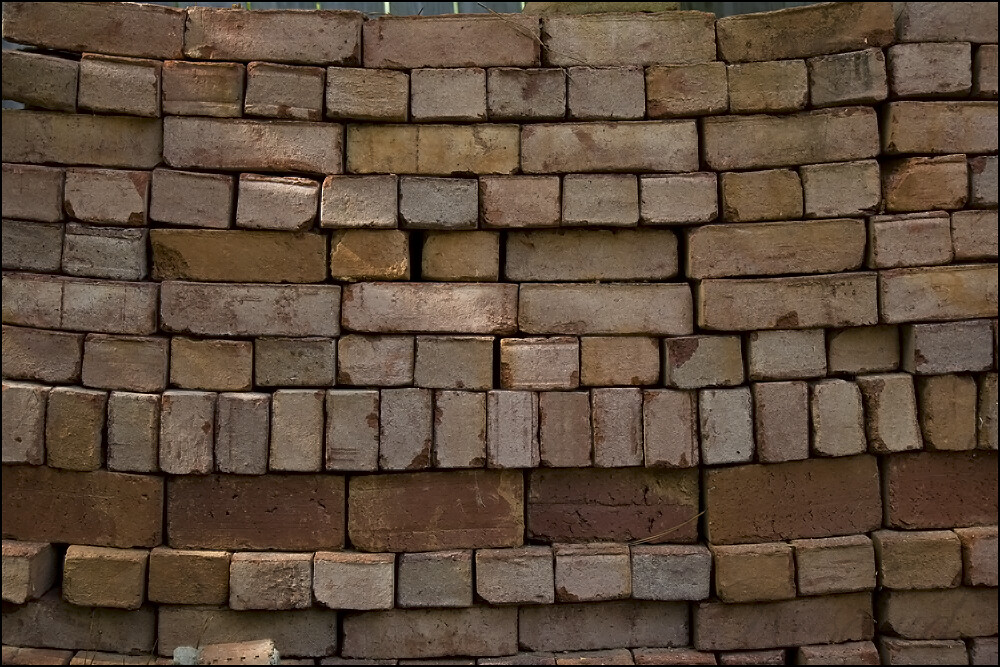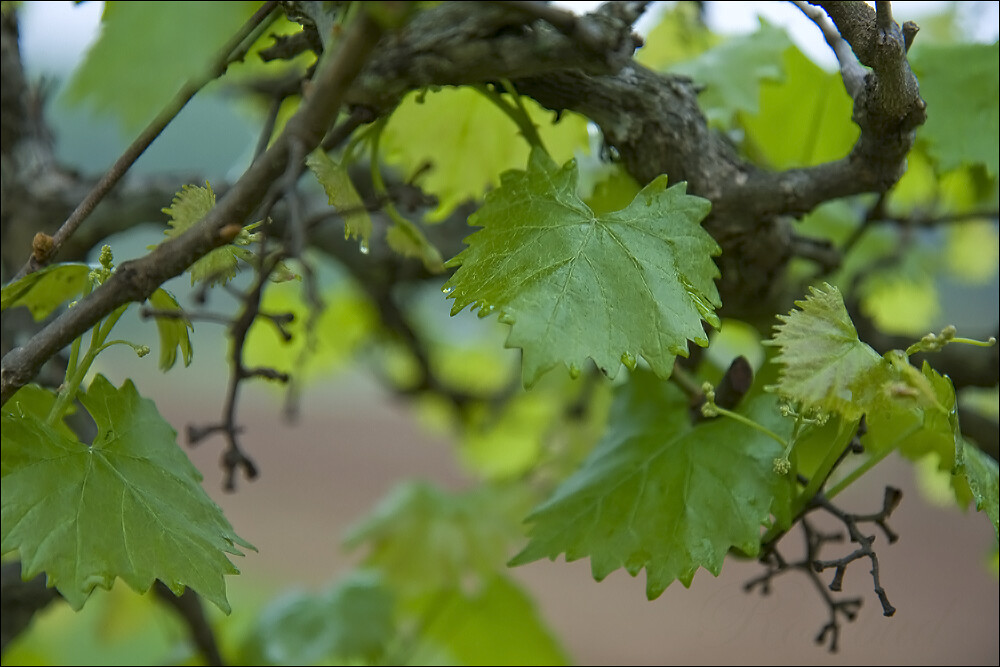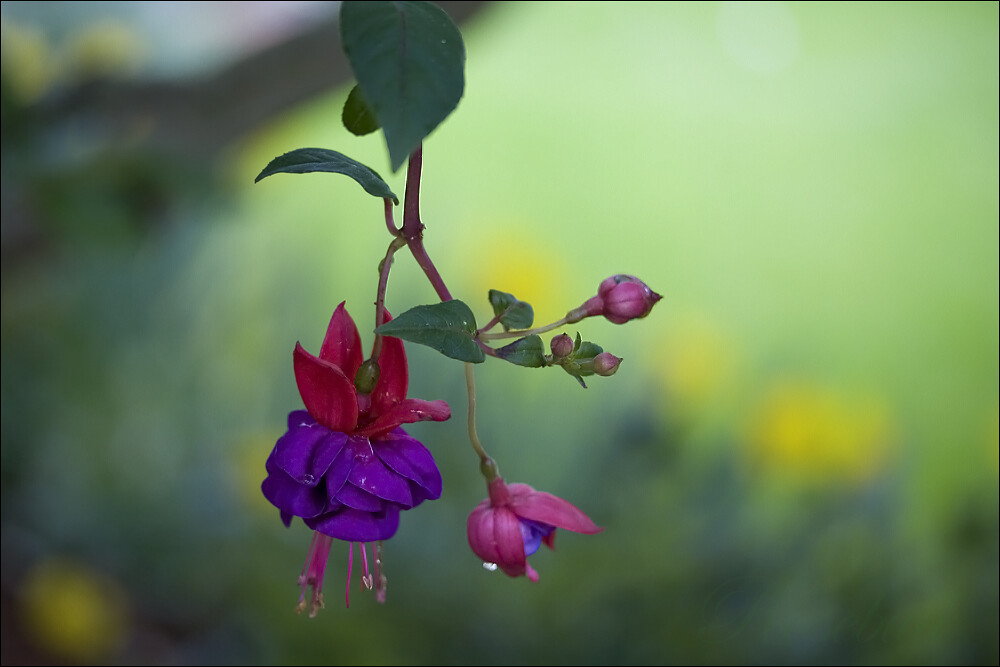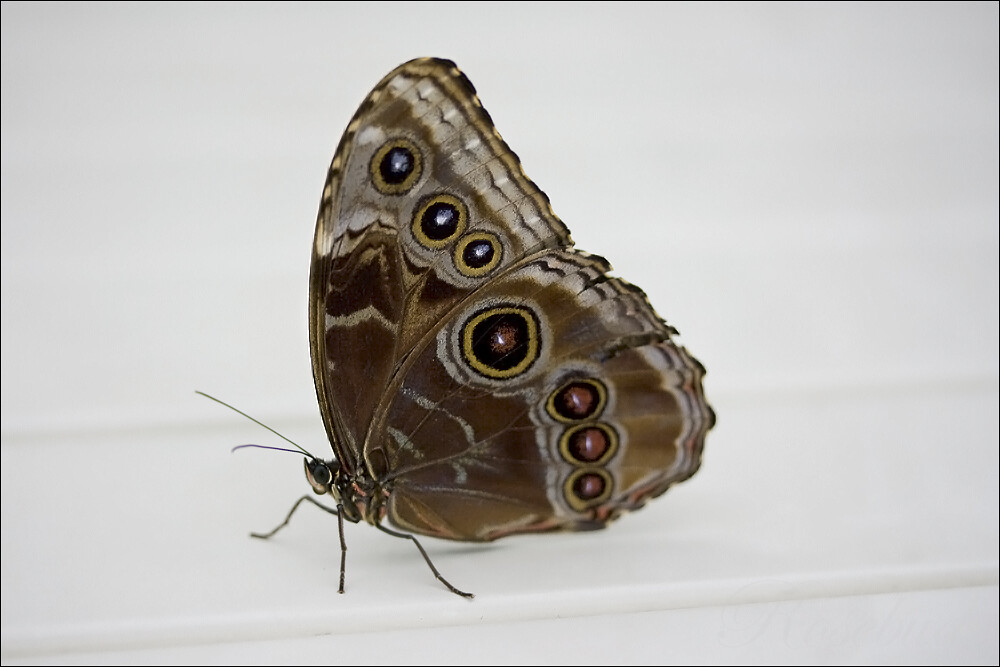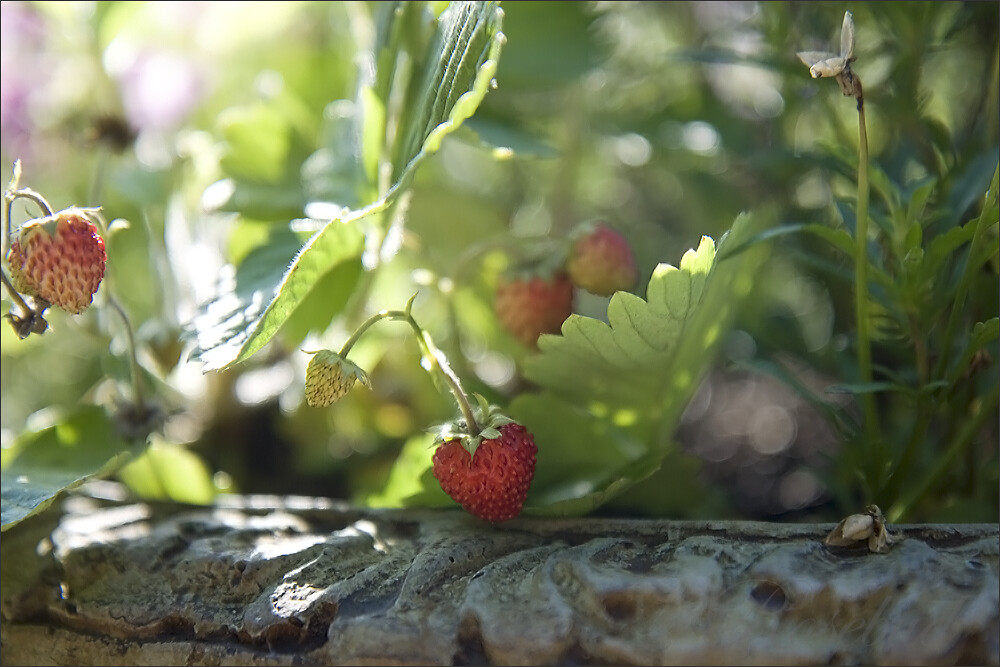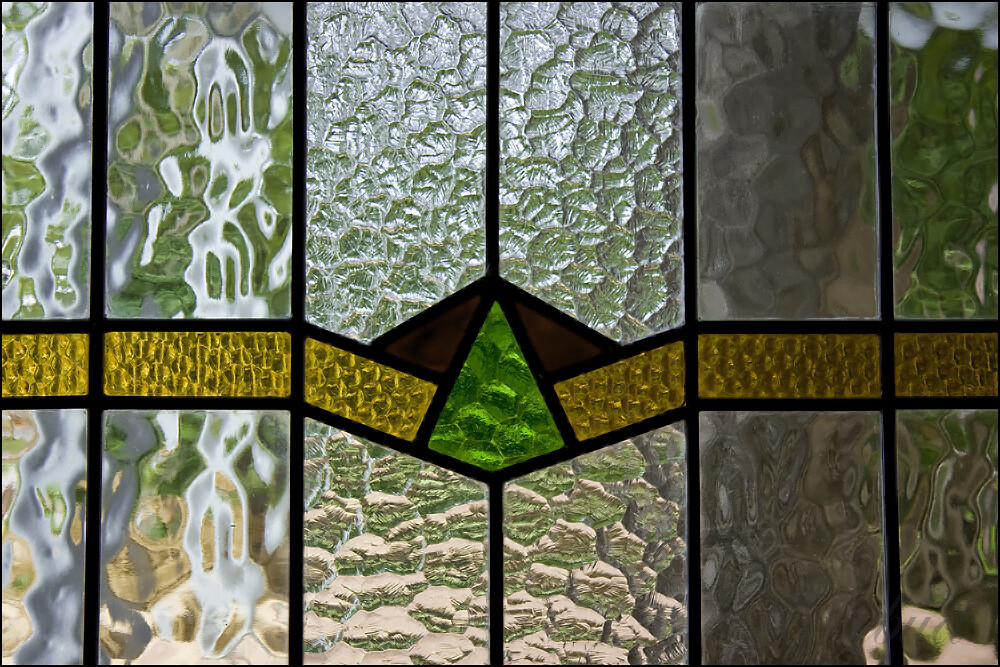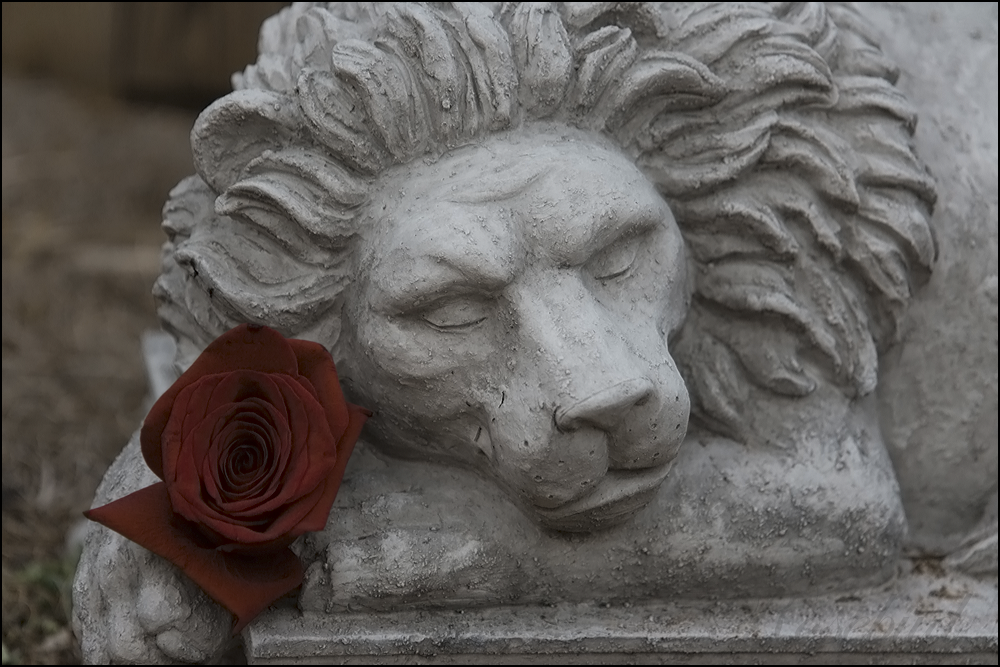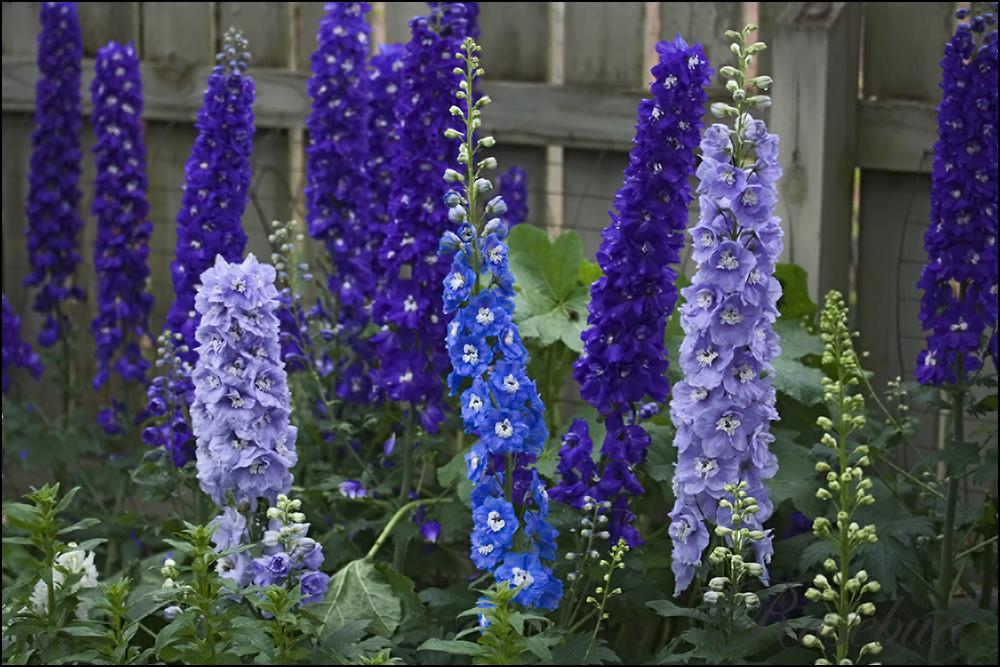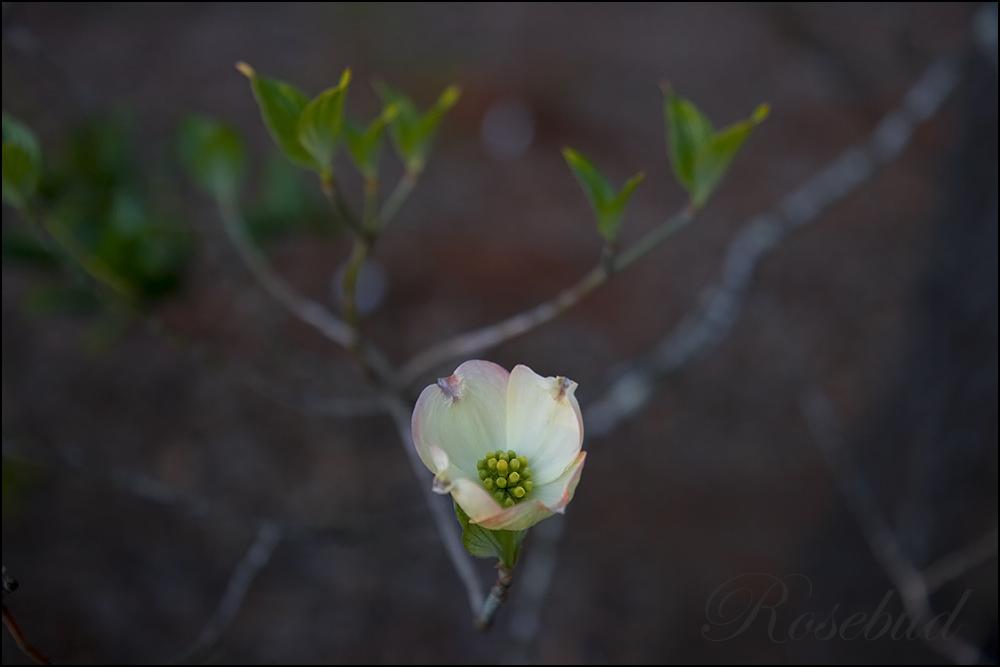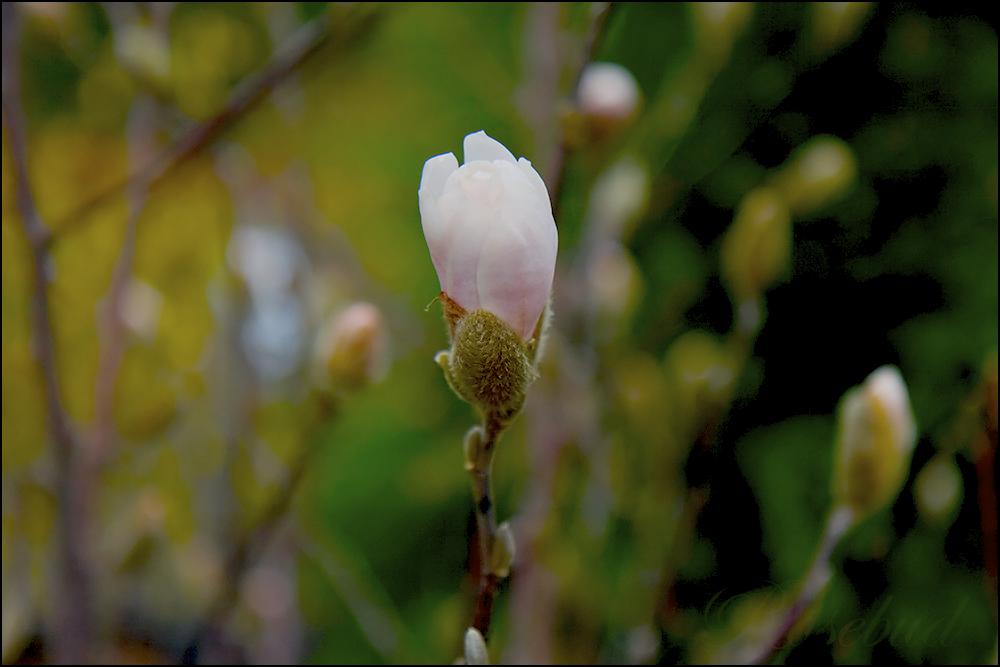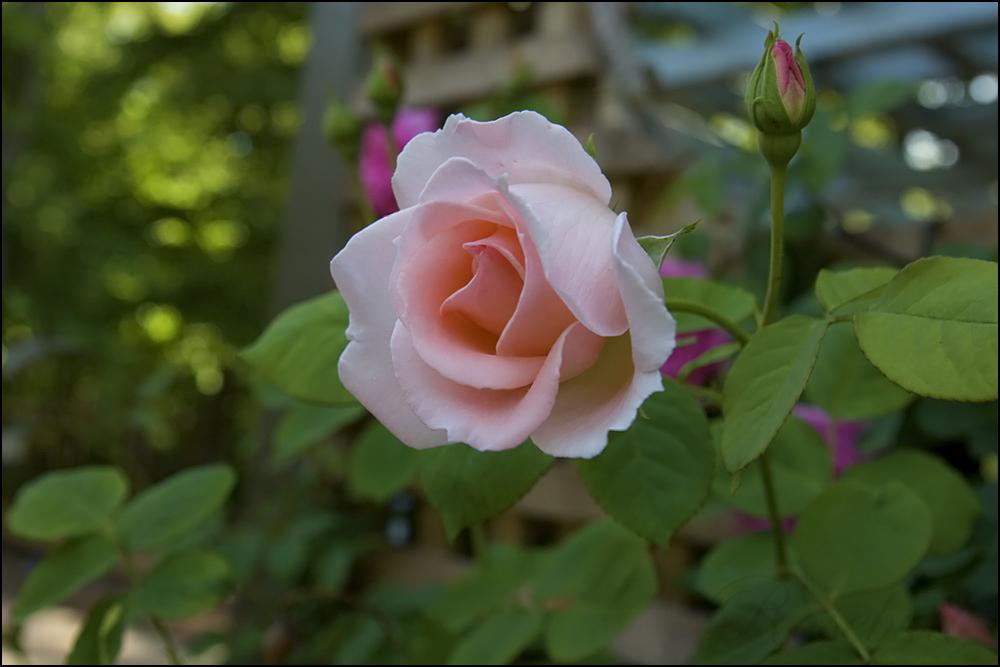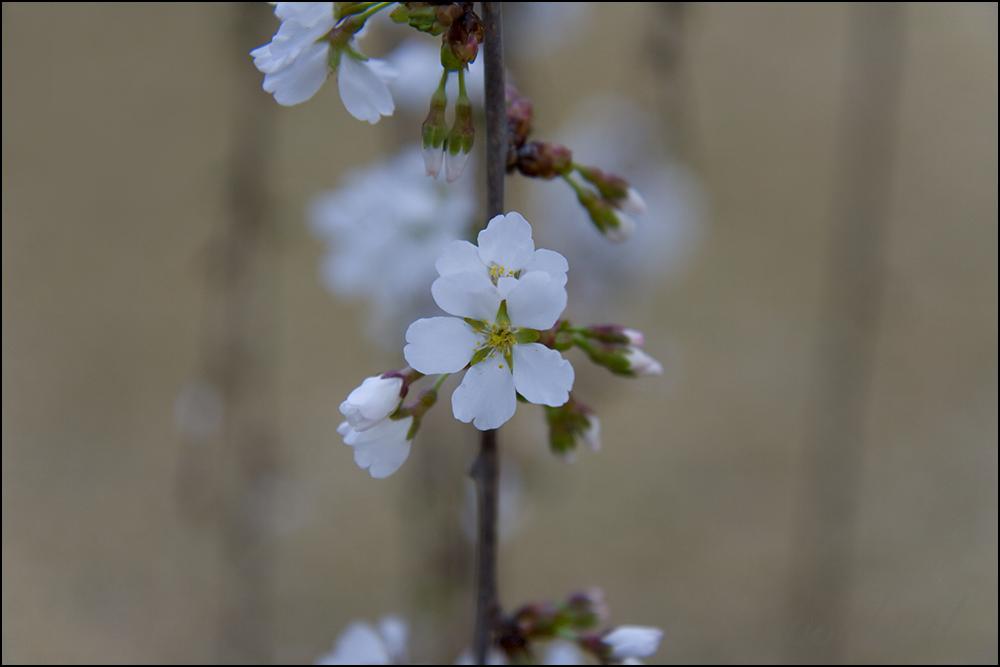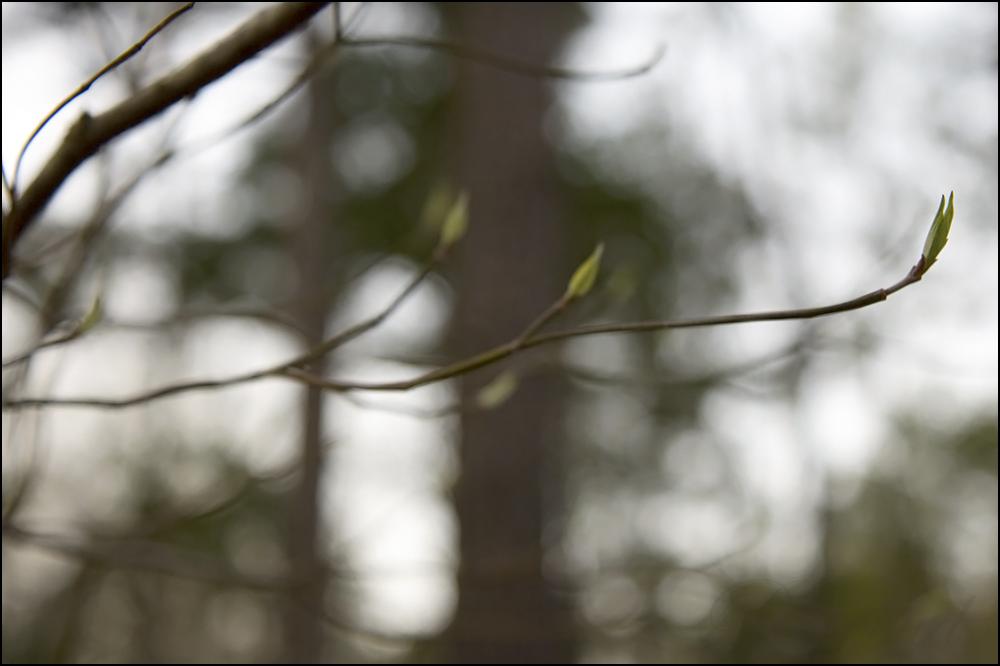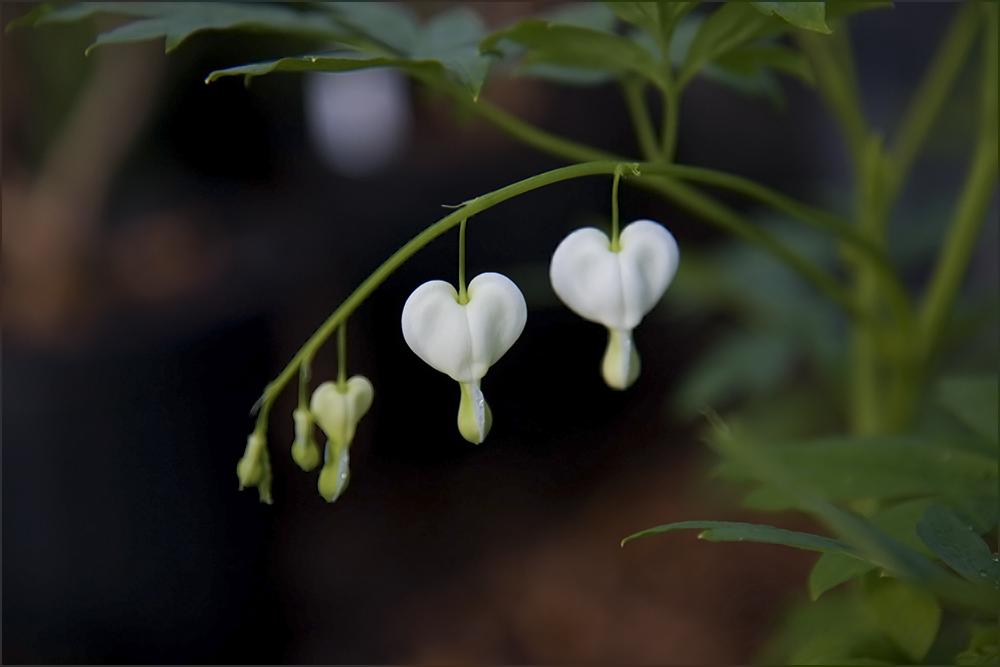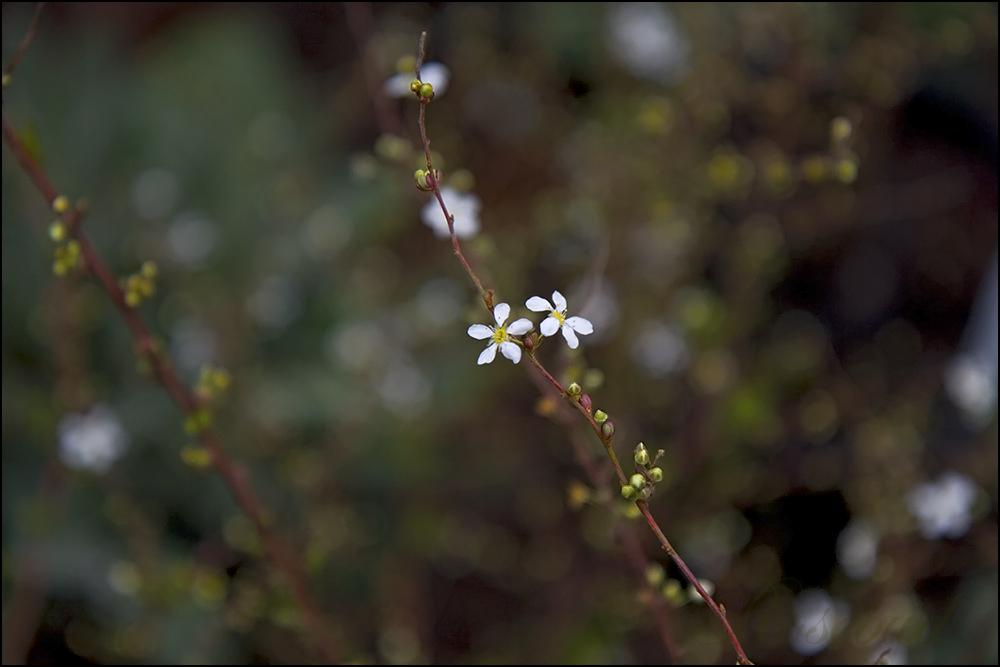Friday, December 31
Thursday, December 30
From A Notebook
The whiteness near and far.
The cold, the hush . . .
A first word stops
The blizzard, steps
Out into fresh
Candor. You ask no more.
Each never taken stride
Leads onward, though
In circles ever
Smaller, smaller.
The vertigo
Upholds you. And now to glide
Across the frozen pond,
Steelshod, to chase
Its dreamless oval
With loop and spiral
Until (your face
Downshining, lidded, drained
Of any need to know
What hid, what called,
Wisdom or error,
Beneath that mirror)
The page you scrawled
Turns. A new day. Fresh snow.
-- James Merrill, from Collected Poems
Collected Poems
Posted by
rb
at
12/30/2010
![]()
Sunday, December 26
Friday, December 24
That night frost stretched
the fields into stiff white sheets;
from post, strut and roof glinting
ice-fingers pointed to the ground.
But within walls, reed-woven,
mud-baked, we warded off
the wind-beast's bellow and bite.
Herded in the wool of our own warmth,
near red-gold flames that licked
logs, then leapt to find the hole
to heaven, we defeated winter's pikes.
That festive night we filled
our bodies' troughs with roasted meats,
with mead that honeys the senses, muzzes
the mind. As ever I kept quiet,
stoked myself with the comfort rising
from the rush-strewn floor, the goodwill
steaming through talk and laughter.
-- Myra Schneider, from 'Caedmon'
Interview with Myra Schneider
Cædmon
Cædmon's Hymn
Posted by
rb
at
12/24/2010
![]()
Thursday, December 23
#258
There's a certain Slant of light,
Winter Afternoons–
That oppresses, like the Heft
Of Cathedral Tunes–
Heavenly Hurt, it gives us–
We can find no scar,
But internal difference,
Where the Meanings, are.
None may teach it –Any–
'Tis the Seal, Despair–
An imperial affliction
Sent us of the air–
When it comes, the Landscape listens–
Shadows– hold their breath–
When it goes, 'tis like the Distance
On the look of Death–
-- Emily Dickinson
Read: 'Forms of Reticence' by Saskia Hamilton
Posted by
rb
at
12/23/2010
![]()
Friday, December 17
Saturday, December 11
late shadows gather in the dark
words unwrite
as they are written
unspeak
as they are spoken
songs sprung
from heart and lung
to tongue
unsung
drunk winds stumble over shuffling roofs
shake his sleep who dreams
a lost love
will not
let
go
recurring swirls
of old gold
blown light
you can't help
but be in it
as it opens
and falls back on itself
unfolds and unsays
I do not want to die
without writing the unwritten
pleasure of water
-- Tom Pickard, lines from "Lark & Merlin"
Lark & Merlin
Posted by
rb
at
12/11/2010
![]()
Thursday, November 25
Soup
I make soup and name the seasonings:
parsley, the damp tears that,
homesick, I planted in the loved earth.
Tiny black pepper eyes. Mice in the walls,
the bullets we will have to bite,
sharp clove stars inside the blue pillow
I put over my feet every night
so nothing gets away. I add
sweet basil, mint or saint;
a small procession of bay leaf,
laurel. Salt stream, salt water,
sea anemone. The chatter of barnacles
stuck to the rocks, gull cry and kestrel.
Chicken carcass, soft bone marrow,
once feathered, this bed
for vegetables I know to speak to:
the riven onions, train whistle.
Limp celery stalks I hold up to the light
and try to see through, cold hands.
Potato skins, weathered leather,
cinched saddles and compost.
Rutabaga, sore toe, a sudden
drop in barometric pressure,
rich Minnesota farmland
where yellow leaves were swept
across the burned fields.
What floats through the blue air
is feathers, is white rice,
falling into pottage, into hunger,
wet snow that vanishes,
the steaming ground.
-- Maggie Anderson
Maggie Anderson
Posted by
rb
at
11/25/2010
![]()
Saturday, November 6
Wednesday, November 3
sometimes it is necessary
to reteach a thing its loveliness
--Galway Kinnell, lines from "Saint Francis and the Sow"
Saint Francis and the Sow
Posted by
rb
at
11/03/2010
![]()
Thursday, October 7
Between embryo, corpse, the compelled child,
The youth growing, the education in questions,
The man of imperatives, the ontological predicament–
In the population of forms he came naming them
Because the idea requires the idea.
There is never anything more truthful
Than what you yourself make of it
Except the possibility that is always there
Behind you, at the back of the mirror,
Behind the brain, in back of the universe–
And that also as you will make it.
–Came into the delivered air
Crying the violence: there was the storm in the heart of the flower,
The perpetually new diagram in the snowflake, the explosion
Locked in a drop of water.
The population of forms outran guesses:
There was the garden, the tree,
The fruit he was forbidden to eat.
-- Peyton Houston, lines from The Changes
Posted by
rb
at
10/07/2010
![]()
Tuesday, August 31
So what can they tell us, the writers of dream books,
the scholars of oneiric signs and omens,
the doctors with couches for analyses–
if anything fits,
it's accidental,
and for one reason only,
that in our dreamings,
in their shadowings and gleamings,
in their multiplings, inconceivablings,
in their haphazardings and widescatterings
at times even a clear-cut meaning
may slip through.
-- Wislawa Szymborska, lines from Dreams
Tr. Clare Cavanagh and Stanislaw Baranczak
Posted by
rb
at
8/31/2010
![]()
Saturday, August 14
We sat grown quiet at the name of love;
We saw the last embers of daylight die,
And in the trembling blue-green of the sky
A moon, worn as if it had been a shell
Washed by time's waters as they rose and fell
About the stars and broke in days and years.
-- W.B. Yeats, from "Adam's Curse"
Posted by
rb
at
8/14/2010
![]()
Tuesday, August 3
... writing is, among other things, an activity which discovers its object; which surprises itself with the meanings it runs into, and passes sometimes with apologies, or recognizes with a start like an old friend encountered in a strange place.
-- William H. Gass, from the Introduction to The Notebooks of Malte Laurids Brigge by Rainer Maria Rilke (Tr. Stephen Mitchell)
Posted by
rb
at
8/03/2010
![]()
Saturday, July 31
In the world of eternal return the weight of unbearable responsibility lies heavy on every move we make. That is why Nietzsche called the idea of eternal return the heaviest of burdens (das schwerste Gewicht).
If eternal return is the heaviest of burdens, then our lives can stand out against it in all their splendid lightness.
But is heaviness truly deplorable and lightness splendid?
The heaviest of burdens crushes us, we sink beneath it, it pins us to the ground. But in the love poetry of every age, the woman longs to be weighed down by the man's body. The heaviest of burdens is therefore simultaneously an image of life's most intense fulfillment. The heavier the burden, the closer our lives come to the earth, the more real and truthful they become.
Conversely, the absolute absence of a burden causes man to be lighter than air, to soar into the heights, take leave of the earth and his earthly being, and become only half real, his movements as free as they are insignificant.
What then shall we choose? Weight or lightness?
-- Milan Kundera The unbearable lightness of being
The unbearable lightness of being
Posted by
rb
at
7/31/2010
![]()
Saturday, July 24
Hamm: ...One day you'll be blind, like me. You'll be sitting there, a speck in the void, in the dark, for ever, like me. (Pause.) One day you'll say to yourself, I'm tired, I'll sit down, and you'll go and sit down. Then you'll say, I'm hungry, I'll get up and get something to eat. But you won't get up. You'll say, I shouldn't have sat down, but since I have I'll sit on a little longer, then I'll get up and get something to eat. But you won't get up and you won't get anything to eat. (Pause.) You'll look at the wall a while, then you'll say, I'll close my eyes, perhaps have a little sleep, after that I'll feel better, and you'll close them. And when you'll open them again there will no wall anymore. (Pause.) Infinite emptiness will be all around you, all the resurrected dead of all the ages wouldn't fill it, and there you'll be like a little bit of grit in the middle of the steppe...
Clov: It's not certain...
Hamm: Well, you'll lie down then, what the hell! Or you'll come to a standstill, simply stop and stand still, the way you are now. One day you'll say, I'm tired, I'll stop. What does the attitude matter?
-- Samuel Beckett Endgame
Endgame
Posted by
rb
at
7/24/2010
![]()
Thursday, July 15
"How long were you in Tibet?"
"More than thirty years," she said softly.
"Thirty years! But why did you go there? For what?"
"For love," she answered simply …
-- Xinran Sky Burial: An Epic Love Story of Tibet
Tr. Julia Lovell and Esther Tyldesley
Posted by
rb
at
7/15/2010
![]()
Monday, July 12
It is other. The place resonates a quality that you respond to. You feel your self in relation to its otherness. It's like the infinity sign–the distance is so great that it comes back on itself. At a given moment it's the way the light caresses the buildings, the way the chip of the horizon appears in the alleyway; it's the waving of the grass; it's the snap of the curtain. It's everything. It's one whole. At that moment, you step past, into that whole, and it swallows you up.
-- Joel Meyerowitz Cape Light: Color Photographs
Joel Meyerowitz
Posted by
rb
at
7/12/2010
![]()
Tuesday, July 6
Eurydice. Heurtebise! Will you explain this miracle?
Heurtebise. What miracle?
Eurydice. You're not going to tell me you haven't noticed anything, and that it is natural to remain suspended in midair instead of falling, when a chair is taken from under you?
Heurtebise. Suspended in midair?
Eurydice. You needn't make out you are surprised, because I saw you. You stayed in midair. You stayed there two feet above the floor, with only emptiness round you.
Heurtebise. You really do surprise me.
Eurydice. You remained a good minute between heaven and earth.
Heurtebise. Impossible.
Eurydice. Exactly. That's why you owe me an explanation.
Heurtebise. You mean to say that I stayed without a support between the ceiling and the floor?
Eurydice. Don't tell a lie, Heurtebise! I saw you, I saw you with my own eyes. I had the greatest difficulty in stifling a cry. In this madhouse, you were my last refuge, you were the only person who didn't frighten me, in your presence I regained my balance. It's all very well living with a horse that talks, but a friend who floats in the air becomes of necessity an object of suspicion. Don't come near me. At the moment even your glistening back gives me gooseflesh. Explain yourself, Heurtebise! I am listening.
Heurtebise. I have no need to defend myself. Either I am dreaming or you have dreamt.
Eurydice. Yes, such things do happen in dreams, but neither of us was asleep.
Heurtebise. You must have been the dupe of the mirage between my windowpanes and yours. Things do lie at times. At the fair I saw a naked woman walking along the ceiling.
Eurydice. This was nothing to do with a machine. It was beautiful and outrageous. For the space of a second I saw you as outrageous as an accident and as beautiful as a rainbow. You were the cry of a man who falls from a window, and you were the silence of the stars. You frighten me. I'm too frank not to tell you. If you do not wish to answer me, you needn't, but our relationship can never be the same. I thought you were simple, but you are complex. I thought you were of my race, but you are of the race of the horse.
-- Jean Cocteau Orphée (The play)
Tr. Carl Wildman
Jean Cocteau
Posted by
rb
at
7/06/2010
![]()
Friday, July 2
Lindenbloom
Before midsummer density
opaques with shade the checker-
tables underneath, in daylight
unleafing lindens burn
green-gold a day or two,
no more, with intimations
of an essence I saw once,
in what had been the pleasure-
garden of the popes
at Avignon, dishevel
into half (or possibly three-
quarters of) a million
hanging, intricately
tactile, blond bell-pulls
of bloom, the in-mid-air
resort of honeybees'
hirsute cotillion
teasing by the milligram
out of those necklaced
nectaries, aromas
so intensely subtle,
strollers passing under
looked up confused,
as though they'd just
heard voices, or
inhaled the ghost
of derelict splendor
and/or of seraphs shaken
into pollen dust
no transubstantiating
pope or antipope could sift
or quite precisely ponder.
-- Amy Clampitt
Amy Clampitt
Posted by
rb
at
7/02/2010
![]()
Friday, May 14
Night Music
I think of the nightfall all the time.
I think of the dark pine trees
leaning out of the sky
Backlit by diminishing twilight, then not backlit.
I think of the way the tree frogs pitch
And pull in their summer dance.
I think of how the wind comes in from thousands of miles away.
I think of how the darkness abides.
The world's a slick rock we've got to cross,
The air, as Cavalcanti says, tremulous with light
And everywhere nicked with voices and little outcries.
Whose are they, and who are they,
their wings horizon edged,
Their bodies as soft as clouds, their skins tattooed and laid bare and
Graffitied with desolation?
Dreams of them enter, like things alive, the rooms where our loves lie
sleeping.
Listen to what the book says–
Woe to you because of the fire that burns in you, for it is insatiable.
Woe to you because of the wheel that turns in your mind.
This is the way the night comes on,
a narrow and shapeless place,
A few rehearsals among the insects, a few stars,
The thing invisible brought to naught, and back among visible things.
This is the way it all ends.
-- Charles Wright A Short History of the Shadow
Charles Wright
Posted by
rb
at
5/14/2010
![]()
Sunday, May 9
if there are any heavens my mother will (all by herself) have
one. It will not be a pansy heaven nor
a fragile heaven of lilies-of-the-valley but
it will be a heaven of blackred roses
my father will be (deep like a rose
tall like a rose)
standing near my
(swaying over her
silent)
with eyes which are really petals and see
nothing with the face of a poet really which
is a flower and not a face with
hands
which whisper
This is my beloved my
(suddenly in sunlight
he will bow,
& the whole garden will bow)
- E.E. Cummings
Posted by
rb
at
5/09/2010
![]()
Monday, May 3
Sunday, May 2
Friday, April 30
Monday, April 26
When I was a boy I used to think that things progressed by contrasts, that there was a law of contrasts. But this was building the world out of blocks. Afterwards I came to think of the energizing that comes from mere interplay, interaction. Thus, the various faculties of the mind co-exist and interact, and there is as much delight in this mere co-existence as man and woman find in each other's company . . . Cross reflections, modifications, counter-balances, complements, giving and taking are illimitable. They make things inter-dependent and their inter-dependence sustains them and gives them pleasure.
-- Wallace Stevens, 1940 Letter to Hi Simons
Posted by
rb
at
4/26/2010
![]()
Saturday, April 24
And yet the perfect poem can only materialize on condition that this world, acted upon by all five levers [senses] simultaneously, is seen, under a definite aspect, on the supernatural plane, which is, in fact, the plane of the poem . . . But the lover is in such splendid danger just because he must depend on the coordination of his senses, for he knows that they must meet in that unique and risky center in which, renouncing all extension, they come together and have no permanence . . . If the world's whole field of experience, including those spheres which are beyond our knowledge, be represented in a complete circle, it will be immediately evident that when the black sectors, denoting that which we are incapable of experiencing, are measured against the lesser, light sections, correspond to that which is illuminated by the senses, the former are very much greater.
Now the position of the lover is this: that he feels himself unexpectedly placed in the center of the circle, that is to say, at the point where the known and the incomprehensible, coming forcibly together at one single point, become complete and simply a possession, losing thereby, it is true, all individual character . . . As the lover's danger consists in the nonspatial character of his standpoint, so the poet's lies in his awareness of the abysses which divide the one order of sense experience from the other: in truth they are sufficiently wide and engulfing to sweep away from before us the greater part of the world–who knows how many worlds?
-- Rainer Maria Rilke "Primal Sound"
Tr. G. Craig Houston
Posted by
rb
at
4/24/2010
![]()
Wednesday, April 7
In the case of the transcendent, the mystery is what promises to unveil itself in the wake of the apocalyptic passing of reality. With the enigma, the self faces its limit, envisions the end of worlds in order to escape their tyranny. Transformation means the rupture of the ordinary domains and patterns of authority, the dense cityscape of doxa that conduct the traffic of thought. Transformation portends the possibility of an alternate self and social order, while enigma preserves a radical open-endedness, vigorously resists perfection in the sense of ontological completion or metaphysical resolution. But in either mystery or enigma, transcendence or transformation, something must die in order for something new to live. Death and rebirth and their dialectic of conflict are the characteristic moments of the human self and the principle features of spirituality and its artistic evocation.
-- David Morgan, from "Secret Wisdom and Self-Effacement: The Spiritual in the Modern Age" Negotiating Rapture: The Power of Art to Transform Lives
Posted by
rb
at
4/07/2010
![]()
Monday, March 29
Tuesday, March 23
The crater's spaces will be filled with starlight. For me, this has a very elegant quality because there are stars that are billions of years old and there is starlight that's fairly recent, maybe only twenty light years old. Other starlight has taken millions or billions of light years to get there. So you can mix this light of different ages, which has a physical presence, which speaks of its time…
-- James Turrell, on Roden Crater, in Parkett 25
James Turrell (link)
Roden Crater (link)
Parkett (link)
Posted by
rb
at
3/23/2010
![]()
Wednesday, February 24
I think then no one can admire the beauty of the body more than I do, and it is of course a comfort to find beauty in a friend or a friend in beauty. But this kind of beauty is dangerous. Then comes the beauty of the mind, such as genius, and this is greater than the beauty of the body and not to call dangerous. And more beautiful than the beauty of the mind is the beauty of the character, the "handsome heart."
-- Gerard Manley Hopkins, letter to Robert Bridges, 25 October 1879
Posted by
rb
at
2/24/2010
![]()
Friday, February 19
Man is his own star; and the soul that can
Render an honest and a perfect man,
Commands all light, all influence, all fate;
Nothing to him falls early or too late.
Our acts our angels are, or good or ill,
Our fatal shadows that walk by us still.
-- Francis Beaumont and John Fletcher The Honest Man's Fortune
The Honest Man's Fortune (link)
Posted by
rb
at
2/19/2010
![]()
Saturday, February 6
Except in a vacuum, silence does not exist. Outside laboratory conditions, perfect sine tones and absolute white noise can't be found. The harmonic series is another elegant conceptual construction that we believe should exist. We hear portions of the harmonic series all the time, in our musical instruments and occasionally in the larger world around us. But we never hear it in full, mathematically pristine form.
The harmonic series, sine tones, white noise, absolute silence: these ideals of sound tantalize the mind's ear. But the world is richer, subtler, more nuanced and more complex than we imagine. Almost nothing we hear conforms to the patterns we construct.
-- John Luther Adams, from "A Composer's Journal, Part II–Studio Notes," February 9, 2005 The Place Where You Go to Listen
Posted by
rb
at
2/06/2010
![]()
Wednesday, February 3
We can think about art. We can write and talk and argue about art. We can use art as a vehicle to convey our ideas and our beliefs. But at a certain point, art has to stand on its own. To support real meaning, art must first and foremost be itself.
-- John Luther Adams, from "A Composer's Journal, Part II–Studio Notes," January 30, 2005 The Place Where You Go to Listen
Posted by
rb
at
2/03/2010
![]()
Sunday, January 10
O you tender ones, walk now and then
into the breath that blows coldly past.
Upon your cheeks let it tremble and part;
behind you it will tremble together again.
O you blessed ones, you who are whole,
you who seem the beginning of hearts,
bows for the arrows and arrows' targets–
tear-bright, your lips more eternally smile.
Don't be afraid to suffer; return
that heaviness to the earth's own weight;
heavy are the mountains, heavy are the seas.
Even the small trees you planted as children
have long since become too heavy; you could not
carry them now. But the winds . . . But the spaces . . .
-- Rainer Maria Rilke, from The Sonnets to Orpheus
Tr. Stephen Mitchell
Posted by
rb
at
1/10/2010
![]()
Friday, January 1
A true noun, an isolated thing, does not exist in nature. Things are only the terminal points, or rather the meeting points, of actions, cross-sections cut through actions, snapshots. Neither can a pure verb, an abstract motion, be possible in nature. The eye sees noun and verb as one : things in motion, motion in things . . .
-- Ernest Fenollosa The Chinese Written Character as a Medium for Poetry
Ed. Ezra Pound
The Chinese Written Character as a Medium for Poetry (link)
Posted by
rb
at
1/01/2010
![]()
